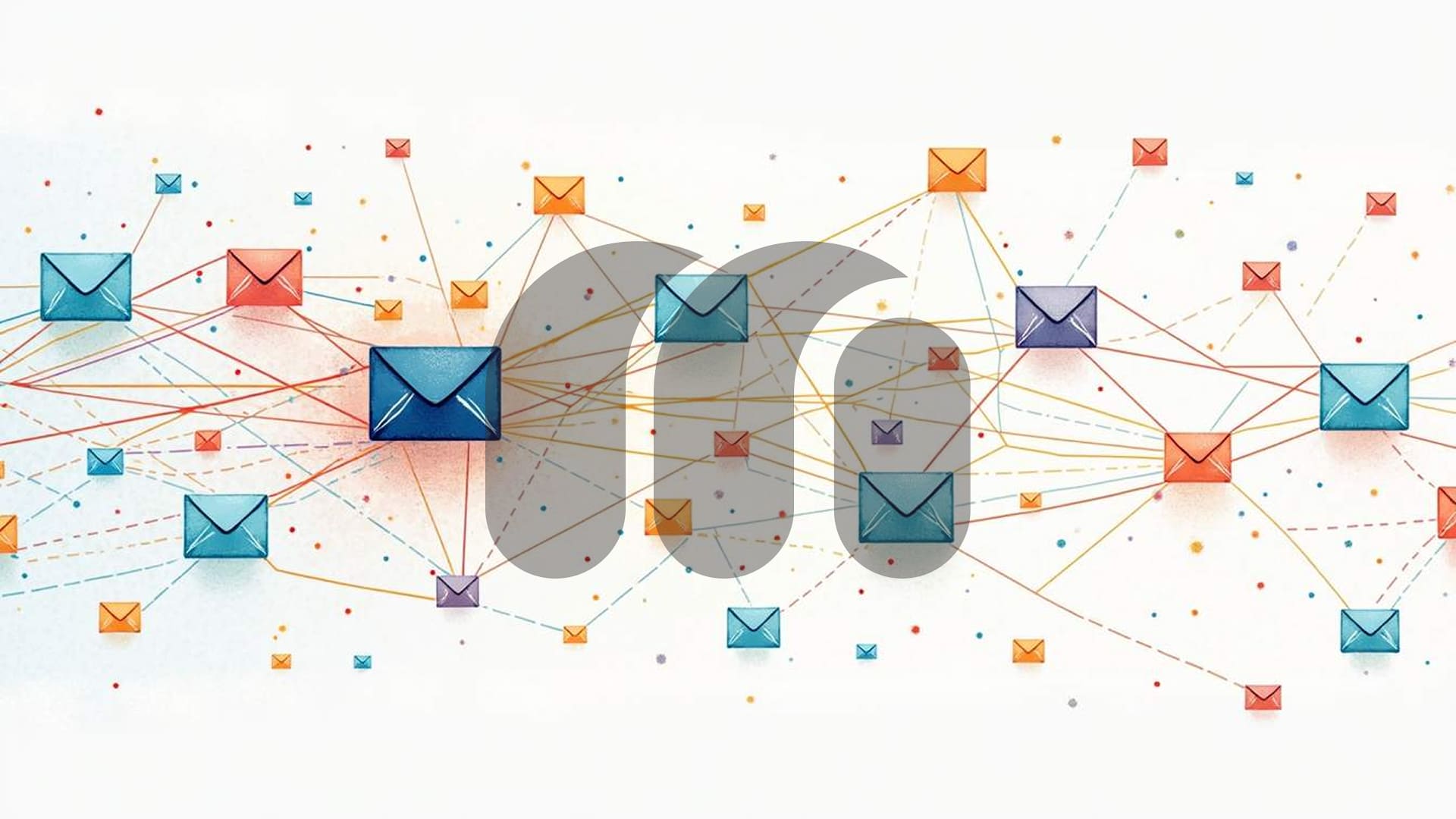-
 Sales
Cold Email Guide: Outbound Secrets
Sales
Cold Email Guide: Outbound SecretsApr 30, 2025 — 8 min read
-
 Sales
“Show Me You Know Me” (SMYKM) Framework for Personalized Sales Outreach
Sales
“Show Me You Know Me” (SMYKM) Framework for Personalized Sales OutreachMar 10, 2025 — 7 min read
-
 Sales
Comparing AI SDRs vs AI BDR vs AI Sales Reps: What Sets Each Role Apart?
Sales
Comparing AI SDRs vs AI BDR vs AI Sales Reps: What Sets Each Role Apart?Mar 6, 2025 — 8 min read
-
 Sales
The Ultimate Guide to B2B Lead Generation: 10 Proven Strategies
Sales
The Ultimate Guide to B2B Lead Generation: 10 Proven StrategiesSep 14, 2024 — 22 min read
-
 Sales
Using AI to Enhance Customer Interactions
Sales
Using AI to Enhance Customer InteractionsJul 11, 2024 — 4 min read
-
 Sales
Supercharge Your Sales Strategy with the Power of AI Assistants
Sales
Supercharge Your Sales Strategy with the Power of AI AssistantsJun 27, 2024 — 4 min read